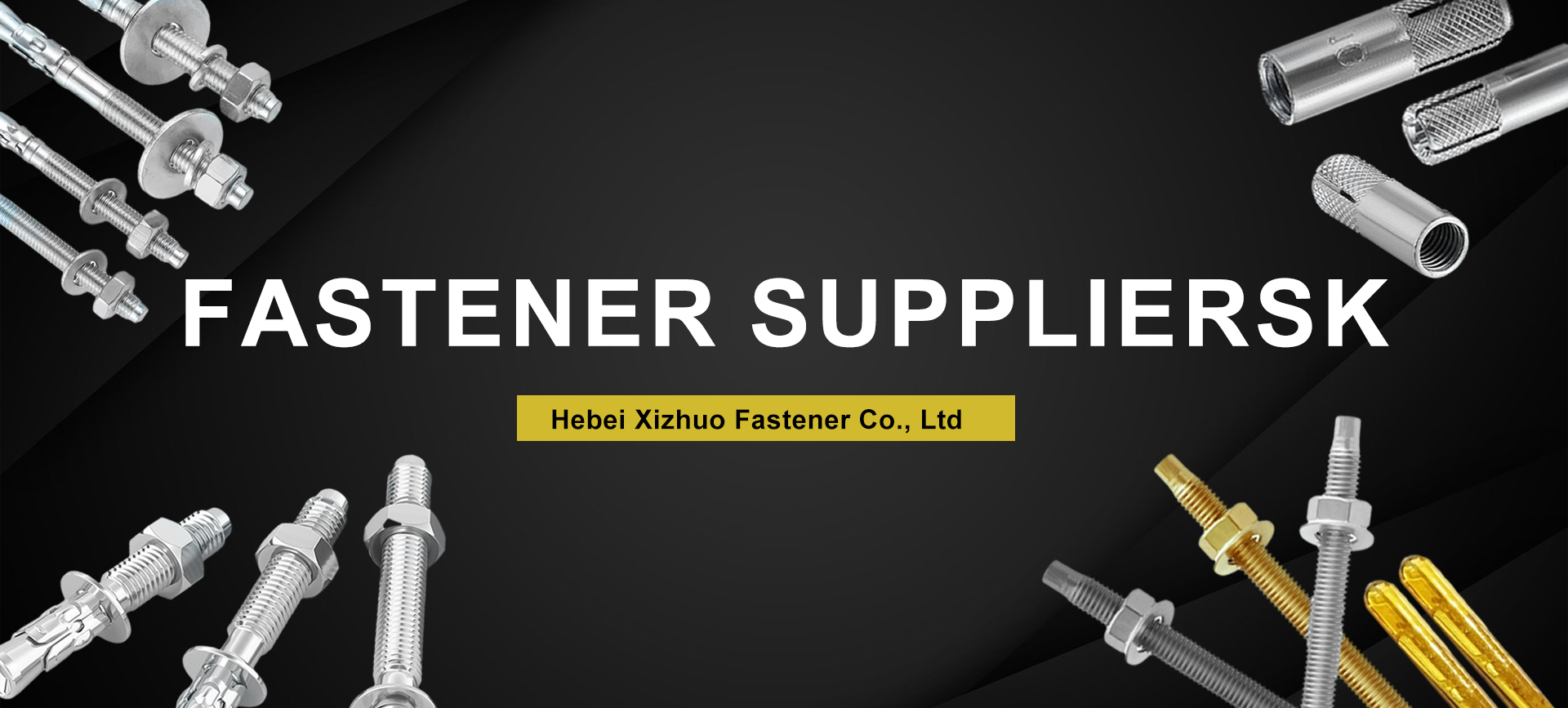polyester chemical anchor
Understanding Polyester Chemical Anchors A Comprehensive Overview
Polyester chemical anchors are increasingly recognized for their strong bonding capabilities in construction and engineering applications. These anchors provide a reliable means of fastening materials to various substrates, making them vital in various industries, including construction, manufacturing, and infrastructure development. This article delves into the composition, benefits, installation process, and applications of polyester chemical anchors.
Composition and Properties
Polyester chemical anchors are primarily formulated from polyester resins, which are synthetic materials known for their versatility and durability. The chemical composition allows them to bond exceptionally well with concrete, masonry, and other building materials. Unlike traditional mechanical anchors, which rely on physical expansion to hold dissimilar materials, polyester chemical anchors create a chemical bond through the curing process of the resin when applied. This results in a strong, load-bearing capacity that is often superior to competing products.
One of the key properties of polyester chemical anchors is their resistance to moisture, making them suitable for both indoor and outdoor applications. They also exhibit excellent chemical resistance, which is crucial for environments exposed to various substances, from acids to solvents. This resilience ensures that the anchors maintain their integrity and performance over time, even under harsh conditions.
Advantages of Polyester Chemical Anchors
1. High Load Capacity Polyester chemical anchors can support significant loads, which is essential for structural integrity in construction. Their strong adhesive properties make them ideal for heavy-duty applications.
2. Versatility These anchors can be used on multiple substrates, including concrete, stone, and brick. This adaptability allows engineers and contractors to streamline their inventory and work processes.
3. Corrosion Resistance Unlike conventional steel anchors, polyester chemical anchors do not corrode, making them ideal for use in damp or high-humidity environments. This characteristic prolongs the lifespan of the anchor and reduces maintenance costs.
4. Quick Curing Time Polyester resins cure rapidly, allowing for faster project completion. This is particularly beneficial in time-sensitive construction projects where delays can be costly.
5. Minimal Expansion Pressure When installed, polyester anchors exert minimal pressure on the surrounding material, reducing the risk of cracking or damaging existing structures, an important factor in repair and renovation projects.
Installation Process
polyester chemical anchor

The installation of polyester chemical anchors is a straightforward procedure that typically involves the following steps
1. Preparation The area to be anchored must be clean and free of dust, grease, or any debris. This step is critical to ensuring strong adhesion.
2. Drilling A hole is drilled into the substrate to the appropriate depth and diameter as specified by the product guidelines.
3. Injection of Resin The polyester adhesive is injected into the hole, either through a cartridge or specially designed dispensing equipment.
4. Insertion of the Anchor The anchor is then inserted into the resin-filled hole, where it will begin to cure and bond with the surrounding material.
5. Curing Once in place, the resin undergoes a curing process, turning solid and creating a strong, permanent bond.
6. Load Application Depending on the manufacturer’s specifications, the anchor may be load-tested after a defined curing period to ensure it meets performance requirements.
Applications
Polyester chemical anchors are used in various applications, including
- Structural support for beams, columns, and trusses in construction. - Mounting systems for signage, equipment, and fixtures. - Renovation projects where existing structures are integrated with new materials. - Heavy machinery anchoring to prevent movement or instability.
In conclusion, polyester chemical anchors offer a combination of strength, versatility, and ease of installation that makes them an excellent choice for many fastening needs. As the demand for reliable and efficient anchoring solutions continues to grow, polyester chemical anchors stand out as a leading option in modern construction practices.
-
Weatherproof Plastic Expansion Anchors for OutdoorNewsJun.06,2025
-
Sustainability in the Supply Chain: Eco-Friendly TEK Screws ProductionNewsJun.06,2025
-
Load-Bearing Capacity of External Insulation FixingsNewsJun.06,2025
-
Double Head Bolts: Enhancing Efficiency in Industrial MachineryNewsJun.06,2025
-
Corrosion Resistance in Chipboard Screws: Coatings for Wholesale DurabilityNewsJun.06,2025
-
Butterfly Toggle Bolts : Enhancing Structural ResilienceNewsJun.06,2025
